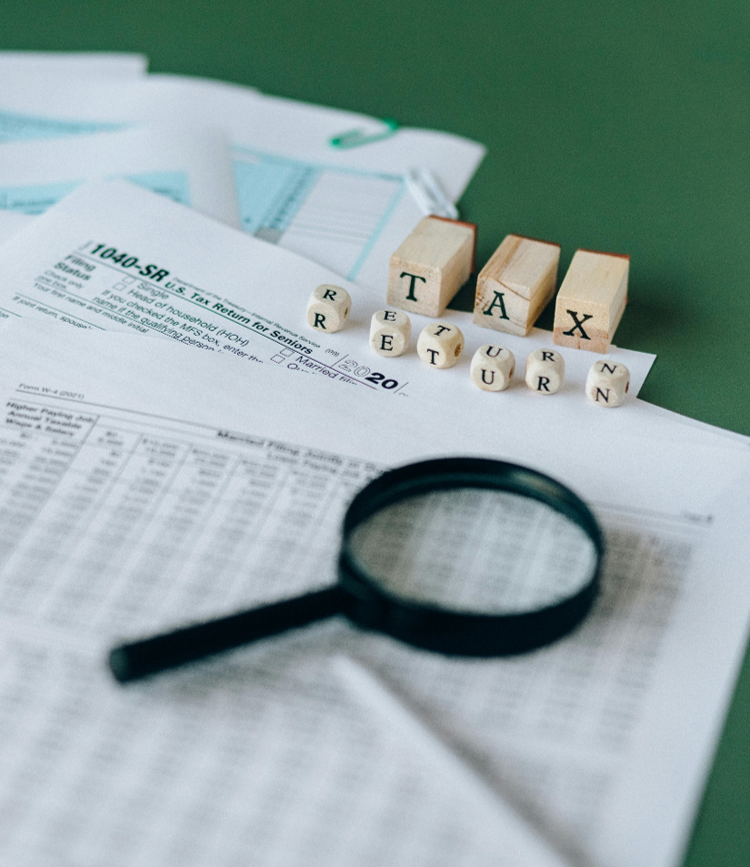
What is a 13th Directive and how does it differ from 8th Directive ?
Foreign companies not established in a member state of the European Union can apply for refund of VAT paid in a member state through the so-called “13th VAT Directive” (86/560/EEC).
Each member state sets its own conditions, for example in France :
- The refund is conditioned to the appointment of a tax representative, duly accredited by the tax authorities (which is not the case in other Member States such as Belgium or Luxembourg);
- The company must not carry out operations requiring a VAT number (applicable in all member states);
- A reciprocity agreement is not required (this is not the case for other Member States such as Spain, the Czech Republic or Poland for example);
- The claimant must provide proof that he is liable for VAT/or similar tax in the non-EU country in which he is established, and that the request for reimbursement relates to his economic activity (applicable in all Member States);
- Deposit deadline not exceeded (generally June 30 of the year following the year of the expenses concerned, but some EU member states have a deadline of September 30).
- VAT can be reclaimed on goods claimed for refund (some expenses are not deductible or only partially deductible).
- Important : VAT must be invoiced regularly by the supplier/service provider !

